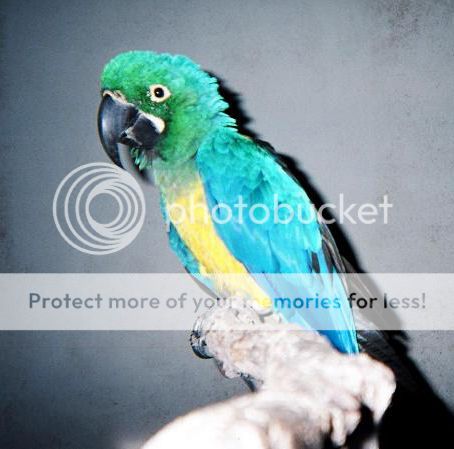Violet_Diva
Member
- Aug 30, 2016
- 843
- 19
- Parrots
- Bella (Vosmaeri Eclectus Female) + Dexter (Red Sided Eclectus Male) + Gerry (Vosmaeri Eclectus Male)
I was on YouTube when a suggested video popped up relating to hybrid parrots.
[ame="https://youtu.be/mQWjWbzhrco"]Hybrid Parrots - YouTube[/ame]
I found the colours of the Camelot Macaw to be sublime and incredibly beautiful. I'm now interested in the controversy surrounding parrot hybrids - So thought I'd ask you fine experienced people!
What's your opinion on hybrid parrots?
Do you have a hybrid?
What do you see as the pros and cons?
Im very curious as to what you all think...
[ame="https://youtu.be/mQWjWbzhrco"]Hybrid Parrots - YouTube[/ame]
I found the colours of the Camelot Macaw to be sublime and incredibly beautiful. I'm now interested in the controversy surrounding parrot hybrids - So thought I'd ask you fine experienced people!
What's your opinion on hybrid parrots?
Do you have a hybrid?
What do you see as the pros and cons?
Im very curious as to what you all think...

